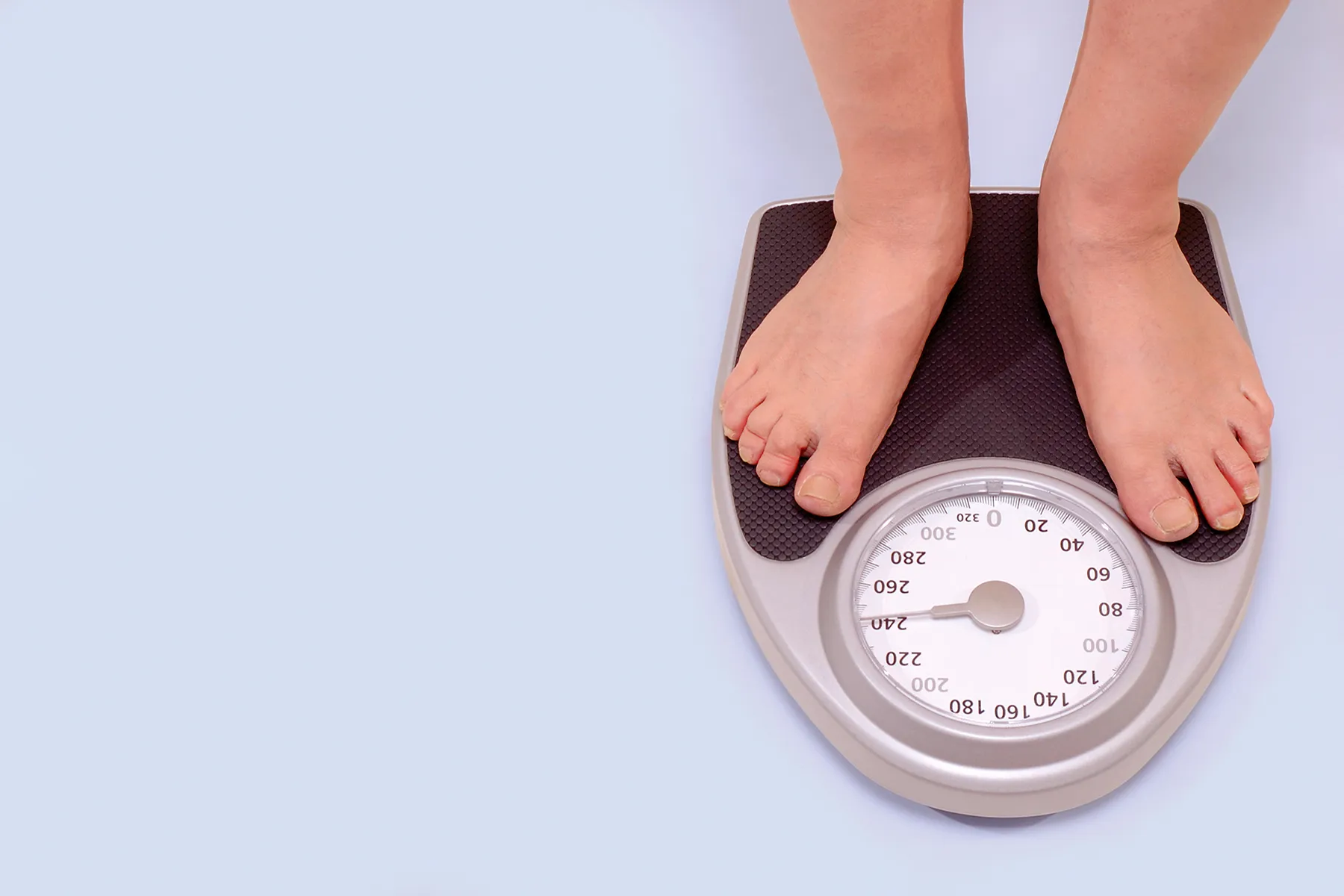Could a plant based weight loss plan be the answer to Crohn’s sickness?

A new case observes of a person with Crohn’s disease details how his symptoms disappeared after he stopped ingesting animal primarily based and highly processed foods. He switched to a diet comprising only plant meals after a year of widespread treatment that did not clear up the circumstance. Crohn’s is a kind of inflammatory bowel ailment (IBD) with painful signs. The circumstance influences hundreds of thousands of human beings around the world. Studies have proven that diets comprising culmination, veggies, legumes, and whole grains can help prevent and deal with diabetes, coronary heart disease, some cancers, high blood pressure, and other long-term conditions. The investigators behind the new take a look at suggesting that, issue to similar research, Crohn’s disease should perhaps be added to that list. The latest paper in the magazine Nutrients offers details of the case and the researchers’ findings and conclusions. “This case study,” says co-writer Dr. Hana Kahleova, director of scientific studies at the Physicians Committee for Responsible Medicine in Washington, DC, “gives hope for hundreds of thousands of people [experiencing] the painful symptoms related to Crohn’s disease.”

IBD: A international disease, this is ‘on the rise.’
Crohn’s disorder is certainly one of the two predominant forms of IBD. IBD is a situation of chronic inflammation that outcomes in damage to the digestive or gastrointestinal tract. The different form of IBD is ulcerative colitis.
Although it most often affects the small intestine, Crohn’s can occur in any part of the digestive tract, from the mouth and the anus. Ulcerative colitis especially impacts the colon, or big gut, and the rectum. Crohn’s ailment symptoms generally tend to consist of abdominal pain, diarrhea, bleeding from the rectum, weight loss, and fatigue. They can vary from individual to character and can come and go. They look at the authors’ word that around half of human beings with Crohn’s disorder require surgical procedures within 10 years of receiving a diagnosis. Only a small minority reaps “extended clinical remission.”
Scientists are unsure about the exact reasons for IBD. However, they suspect that the situations arise from a complex interplay of numerous elements encompassing genetics, weight loss plan, lifestyle, surroundings, immune system changes, and intestinal bacteria imbalances. Ae 2015 look a paper states that IBD is an international disorder on the rise in every continent. It already impacts greater than 1 million people in the United States and a pair of.5 million people in Europe. The healthcare prices of IBD are sizeable. However, these do not now screen the actual burden of a sickness that can disrupt careers, impair the quality of life, and stigmatize individuals socially.
Treating Crohn’s disorder with food regimen changes
In the paper, Dr. Kahleova and co-workers cite studies wherein human beings with Crohn’s disease benefited from following a Crohn’s Disease Elimination Diet (CDED). These have proven remission costs starting from 62% to 71%. The CDED and entire meals, plant-based, weight-reduction plan have a few capabilities in common, along with tremendous discount or omission of processed meals and dairy products, and an increased intake of dietary fiber. The man in the current examination was 25 years of age whilst he obtained a Crohn’s disease diagnosis. This had followed numerous years of experiencing bloating symptoms, bouts of abdominal pain, fatigue, ulcers, and nausea.
The authors notice that docs classed him as “excessive hazard because of his fairly intense irritation, the severity of signs and symptoms, analysis under the age of 30, and his perianal disease.” After receiving intravenous infusions of infliximab every eight weeks for 1 12 months, the symptoms lessened; however, the guy did no longer “acquire clinical remission.” Tests found “mildly clinically lively disorder.” He persisted in reveling in bouts of abdominal ache, bloating, and fatigue. During his 2d year of using the medicine, the person gave up eating animal and processed foods for 40 days for non-secular reasons. While he followed a plant-based, total weight loss plan, “he experienced a complete change of signs.” Before switching to the plant-based weight loss program, his eating behavior had generally been American, with daily intakes of meat, dairy, processed foods, and delicate grains and modest intakes of fruits and greens.













